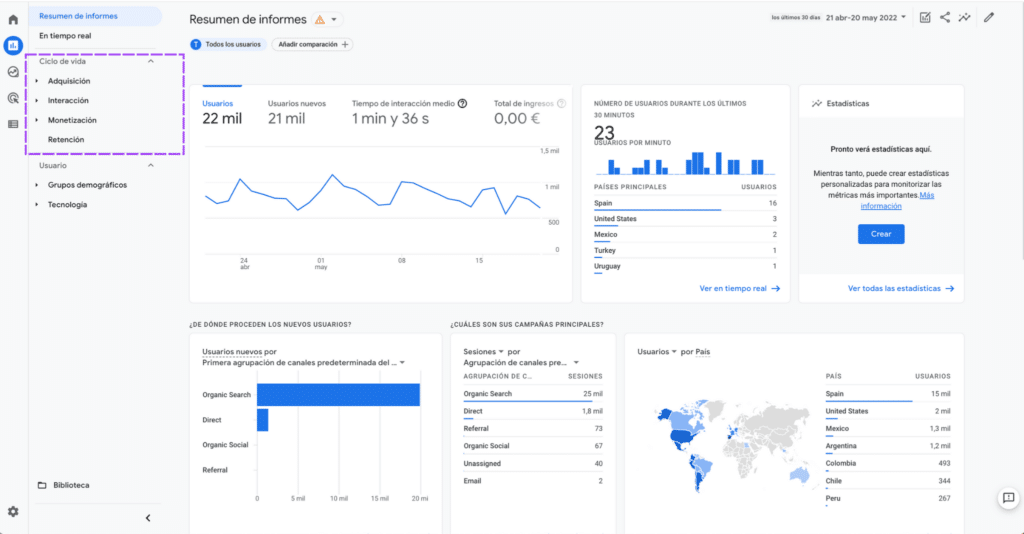In today's digital age, the artificial intelligence (AI) and data analytics are transforming marketing in ways never seen before.
AI is able to collect and analyse large volumes of data, offering insights valuable insights that can help refine marketing and sales strategies. increase return on investment.
But, How can you maximise the potential of AI in your marketing strategies?
In this article, we will explore the various applications of artificial intelligence in marketing and how you can implement them in your own strategies.
What is artificial intelligence and how does it apply to marketing?
The artificial intelligence is a branch of computer science that seeks to develop systems capable of performing tasks that, until now, have required human intervention.
These tasks include learning, decision-making, speech recognition and natural language understanding.
In marketing, AI is used to collect and analyse dataAI can be used to personalise customer interactions and predict future trends. Some applications of AI in marketing include:
- Audience segmentation
- Marketing automation
- Sentiment analysis
- Content generation
- Trend forecasting
Data analytics in marketing: At the heart of AI-driven strategies
Data analytics is at the heart of any AI-driven marketing strategy.
This is where AI can demonstrate its true value, by gathering and analysing large amounts of data efficiently and providing insights that can boost the success of a marketing campaign.
If you want to know how to generate a successful marketing campaign we recommend you to read our post: 10 points for a successful marketing campaign.
Data collection and analysis
AI tools can collect and analyse large amounts of data from a variety of sources, such as social networks, websites, customer databases and more.
This provides a more complete and accurate picture of customer behaviours and preferences, allowing companies to adjust their marketing strategies accordingly.
Tools such as Tableau and Microsoft Power BI offer AI-driven data analytics.
Predicting customer behaviour

Advanced AI techniques, such as deep learning and machine learning, can identify patterns and trends in the data collected.
This allows companies to predict future customer behaviour and adjust their marketing strategies accordingly.
For example, Google Analytics 4 is a good example of this, with automated AI-based predictions and suggestions.
Personalisation of marketing
Based on customer data, AI is able to draw a much more accurate customer profile than we, mere humans, can develop.
Logically, this results in a higher return on investment and reduced costs for any company.
Campaign optimisation
There is a lot of talk about AI now, but the reality is that it has been present for many years in millions of marketing tools and, of course, in the most important players in the market.
Algorithms continue and will continue to work in order to optimise users' investments in real time to the satisfaction of companies and agencies.
Sentiment analysis
Computer language has been able to classify users' feelings. Years ago I wrote a dissertation on the Big Data and Internet Language Analysis.
Of course, the field has evolved so much that both the accuracy and the volume of data have increased substantially.
The AI is able to analyse how a user feels about a brand or a service in a way that is quasi-automated.
Companies using AI to perform data analysis

1. Netflix: Netflix uses AI to analyse the viewing habits of its users and make personalised recommendations. This data analysis allows them to adjust their content and marketing strategies to attract and retain more customers. In addition, Netflix uses AI to predict which programmes will be successfulThis helps them make decisions about what content to produce or buy.
2. Amazon: Amazon is another company that has used AI to improve its marketing. They use machine learning algorithms to provide personalised product recommendations based on the customer's shopping and browsing history. They also use AI to predict future customer needs and make proactive recommendations.
Starbucks: Starbucks uses AI and data analytics to personalise offers and recommendations for its customers. They have a tool called "Deep BrewThe "real-time offerings can be personalised based on the customer's order history, time of day, weather and customer location.
4. Spotify: Spotify uses AI to analyse the listening habits of its users and make personalised music recommendations. They also use AI to analyse songs and create playlists based on mood, genre, and other factors.
5. Google: Google uses AI in a variety of ways, including ad personalisation. They use AI to analyse user browsing behaviour, search queries, and other data to display personalised ads.
Each of these companies has used AI in unique and effective ways to improve their marketing and provide a more personalised experience for their customers.





